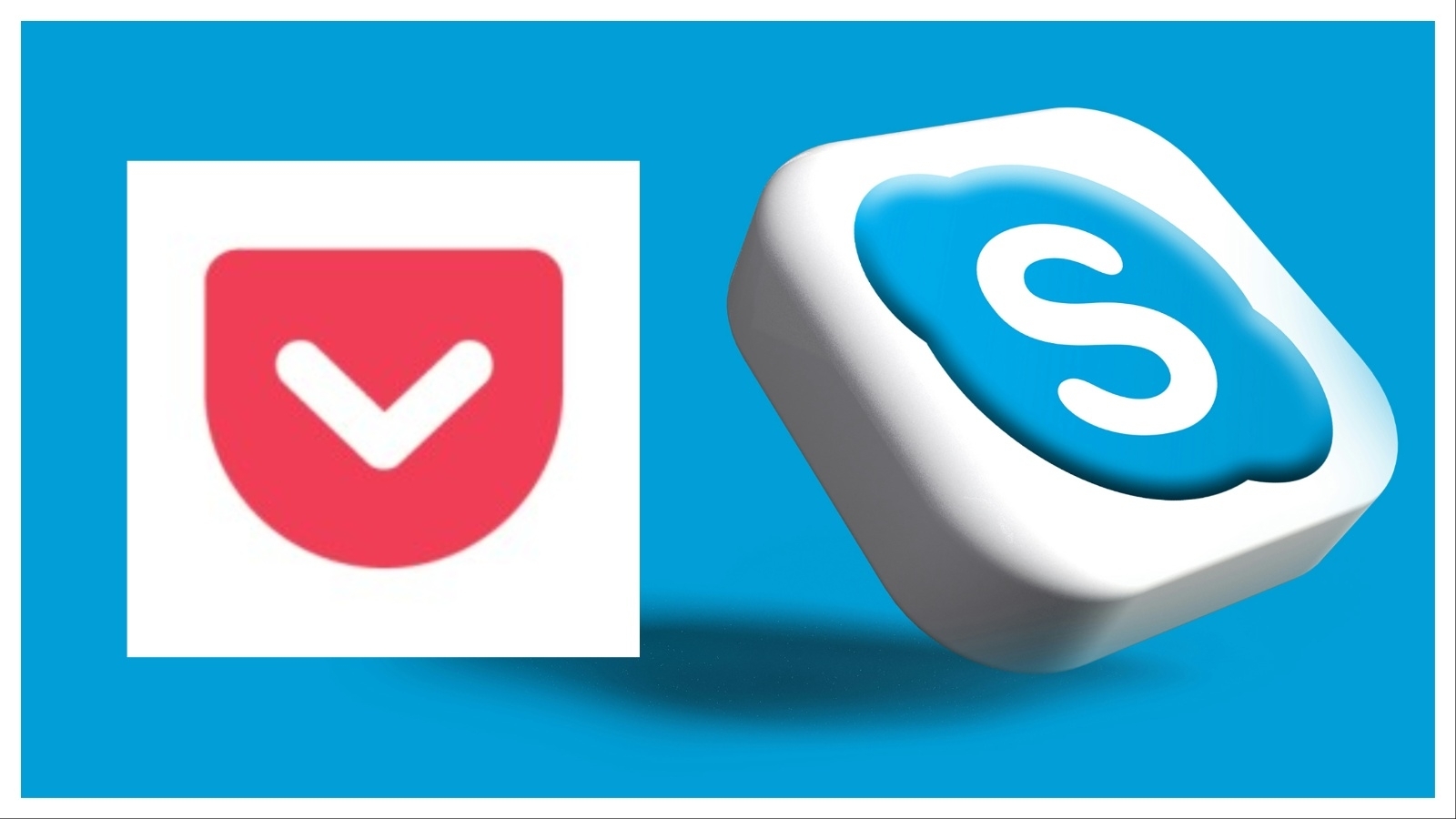We’re only halfway through 2025, and already, a surprising number of apps and platforms have either been shut down or announced their final sign-off dates. Some were nostalgic staples we once relied on daily, while others were overambitious flops that never quite delivered.

A few bowed out quietly, others made headlines, but all left their mark for better or worse. The year 2025 seems to prove that nothing lasts forever in this evolving world of tech. If this year has proved anything, it’s that nothing lasts forever in the fast-moving world of tech. So if you’re feeling a little sentimental, join us in saying a proper goodbye to all the tech we’ve lost in 2025.
Skype
Before FaceTime and Zoom became verbs, Skype was the app that changed how we stayed in touch across cities, countries and time zones. Launched in 2003, it made free internet calls feel like magic at a time when long-distance phone calls were still reserved for emergencies or birthdays.
When video calling was added in 2006, it felt revolutionary. By the time Microsoft acquired Skype in 2011, it had already become a household name. But as sleeker, faster alternatives from Apple, Google and Zoom took over, Skype slowly faded into the background.
In February this year, Microsoft quietly announced it would retire Skype by May, moving users to its Teams platform.
Pocket, the trusty read-it-later app so many of us swore we’d use “when we had time”, is officially shutting down. Mozilla, which acquired the service in 2017, announced in May that support will end on July 8, 2025. After that, you won’t be able to save new content and the app will disappear from app stores.
Users will still be able to export their saved articles and links until October 8. Originally launched in 2007 as Read It Later, Pocket carved out a loyal following of over 30 million users.
Piggy
Another quiet exit from the fintech space is Piggy, the mutual fund investment platform, which is shutting down operations from June 30, 2025. Known for offering direct mutual fund investments with zero commissions, Piggy had built a loyal user base by simplifying fund tracking and investing.
The company hasn’t publicly detailed the reason for the shutdown, but users have been notified to withdraw or shift their investments before the deadline.
TikTok Creator Marketplace (Rebranded)
TikTok officially shut down its Creator Marketplace in April 2025, phasing out the platform that once connected creators with brands for sponsorships and ad campaigns. New campaign invites stopped on March 1, and by April 1, it was gone for good.
In its place comes TikTok One – a new, AI-heavy platform built for advertisers, complete with tools like AI-generated brand avatars. While the long-term impact on creators is still unclear, this shift feels like a move away from real influencers toward automation, raising questions about the future of brand partnerships on TikTok.
Meta Fact-Checking Program
One of the more controversial shutdowns this year came from Meta. At the start of Donald Trump’s second term, Mark Zuckerberg announced the end of Meta’s third-party fact-checking program in the US, calling it “too politically biased”.
In its place, Meta is rolling out a community-driven model, similar to Elon Musk’s “Community Notes” on X.
As of now, Meta’s fact-checking program is still active in India, where it partners with nearly a dozen independent organisations. However, experts warn the US decision may set a precedent.



















